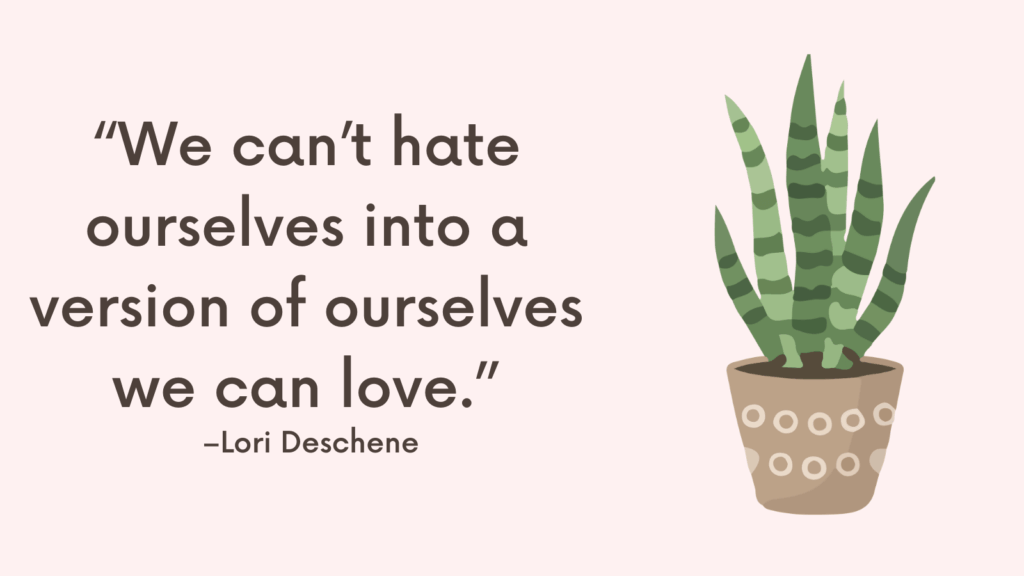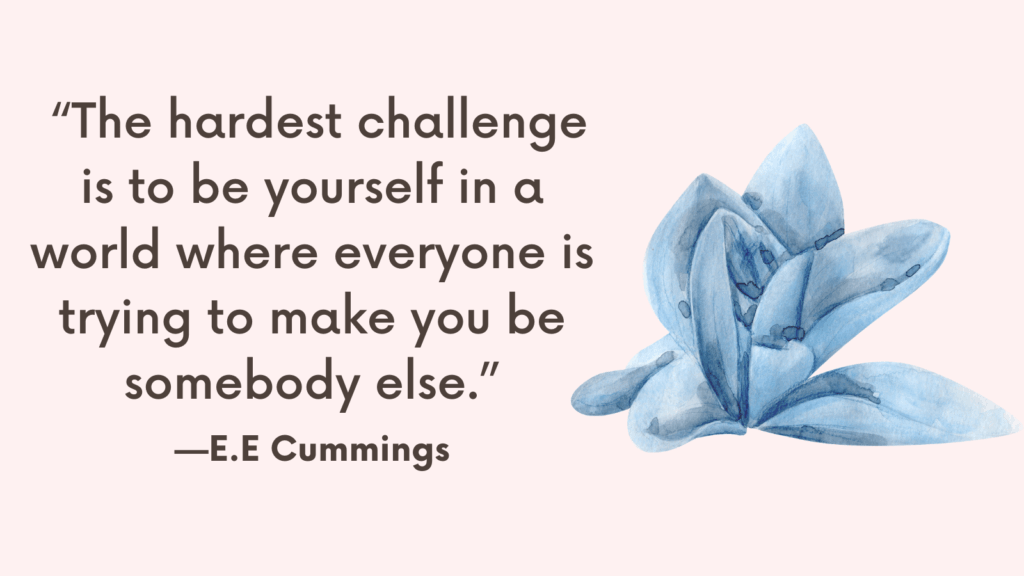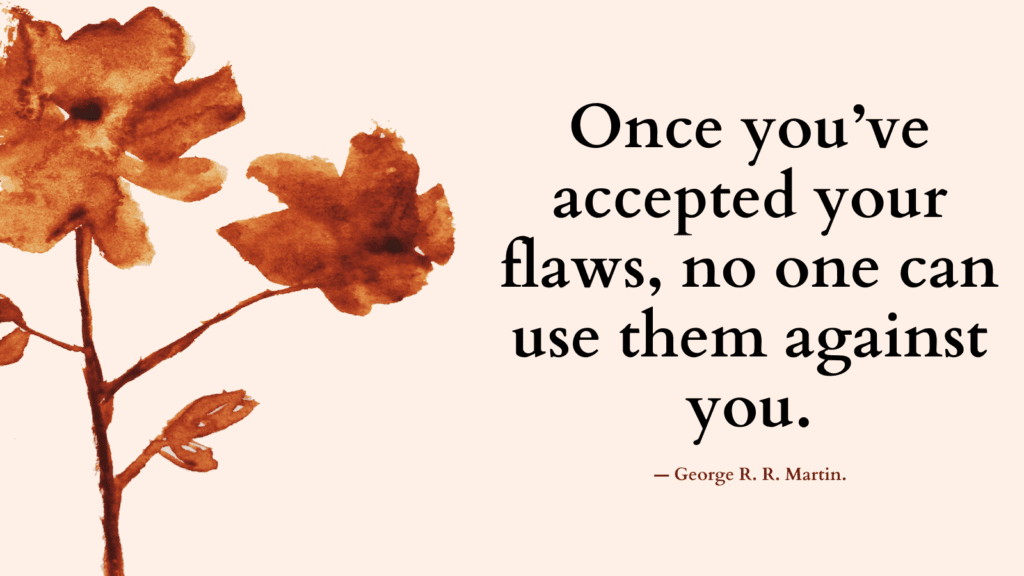Aging is one of life’s most universal experiences, yet it often carries weighty cultural stigma. Wrinkles, gray hair, changing skin, shifting weight, or slower energy are painted as losses to resist rather than natural transitions to embrace. These changes can stir grief, insecurity, or even shame when measured against ideals of eternal youth. Making peace with aging is not about pretending you’re unaffected, but about learning to honor your body for what it carries, how it evolves, and the wisdom it reflects.
The Silent Fear Beneath Aging
Aging often awakens an unease that runs deeper than wrinkles or graying hair. It’s the quiet fear of losing relevance, desirability, or control. Society treats youth as currency, which makes natural changes feel like losses. But the fear is rarely about skin or weight—it’s about what those changes symbolize: time passing, roles shifting, mortality approaching.
The Body as a Timeline
Your body is not just flesh—it is a record of your lived experience. Lines on your face trace laughter and sorrow. Scars, stretch marks, and softness tell stories of growth, healing, and resilience. Aging makes these records more visible. The discomfort comes when you see them not as history but as evidence against your worth.
The Weight of Cultural Ideals
We live in a culture that glorifies youth, selling “anti-aging” as if growing older were a failure to fight against. This constant messaging fuels the belief that change equals decline. It positions the natural arc of life as something to resist instead of embrace, leaving people at war with their own reflection.
The Emotional Cost of Resistance
Resisting body changes creates exhaustion. Each gray hair becomes a battle, each wrinkle an enemy. The more you fight, the more you feel estranged from yourself. This inner war keeps you from inhabiting your body fully, and instead turns you into its critic. Peace is impossible when every sign of life lived feels like a threat.
Related: Struggling with Body Image? These Worksheets Support Healing and Self-Acceptance
Redefining What the Body Represents
Peace begins by redefining what your body stands for. It is not a billboard for youth—it is a vessel of memory, love, and survival. Strength is not erased by softness; beauty is not diminished by age. When you shift from seeing your body as a product to be preserved to a companion to be honored, aging loses its sting.
How to Make Peace With Aging and Body Changes?
1. Acknowledge the Grief of Change
It’s normal to feel sadness when you notice signs of aging. Grieving the body you once had doesn’t mean you’re vain — it means you’re human. Naming that grief allows you to move toward acceptance instead of staying stuck in denial or shame.
2. Remember That Aging Is a Privilege
Not everyone gets to grow older. Every wrinkle or silver hair marks time lived — experiences, survival, and stories. Reframing aging as a privilege rather than a curse helps soften the sting of change.
3. Detach Worth From Appearance
Much of the distress around aging comes from equating beauty with youth. When you remind yourself that your value is rooted in character, contribution, and relationships, appearance shifts from being central to being one piece of a larger identity.
Related: How To Break Emotional Eating? Top 8 Powerful Ways To Stop Comfort Eating
4. Focus on Function, Not Just Form
Your body is not only what it looks like but what it allows you to do — hug, walk, think, create, connect, pray, work, and rest. Appreciating function over form strengthens respect for your body as it changes.
5. Shift the Inner Narrative
Catch self-critical thoughts like “I look old” and reframe them: “My face tells my story.” Language carries power. A gentler narrative reduces the habit of treating aging as failure.
6. Seek Representation That Inspires
Surround yourself with images of people who age with authenticity, dignity, and joy. Curating media that reflects diversity in age makes it easier to accept your own reflection as part of that beauty.
7. Create Rituals of Care
Caring for your body — skincare, movement, rest, nourishing food — is not about resisting aging but about respecting the vessel you live in. Rituals of care affirm that your changing body still deserves tenderness.
8. Celebrate Strengths That Deepen With Age
Wisdom, resilience, emotional depth, patience, perspective — these qualities often grow as the body shifts. Focusing on strengths that increase with age helps balance what is lost with what is gained.
9. Share Honestly With Others
Talking about aging openly reduces shame. When you share your fears or insecurities with trusted people, you discover you’re not alone — many wrestle with the same feelings in silence.
Related: How to Stop Emotional Eating?
10. Practice Gratitude for the Present Body
Instead of longing for the past or fearing the future, pause to thank your current body for carrying you through today. Gratitude grounds you in what you have, not what you’ve lost.
11. Resist the Pressure of “Anti-Aging” Culture
The beauty industry profits from making you believe aging is a problem to solve. Question those messages. Aging is not an illness — it’s evidence of life. Choosing peace often means stepping back from unrealistic ideals.
12. Allow Yourself to Evolve
Your identity doesn’t have to stay fixed. Just as your body changes, so can your style, routines, and ways of expressing yourself. Evolving with your body rather than fighting it helps you stay connected to who you are becoming.
Related: What Is A Distorted Self Image & How To Build A Positive One?

Conclusion
Making peace with aging and body changes means shifting from resistance to respect. It means grieving what has passed while cherishing what is here, valuing function over form, and celebrating the wisdom that grows alongside the years. Aging will always change the body, but it does not have to steal joy or worth. When you choose compassion over criticism, you discover that your changing body is not betraying you — it is faithfully carrying you through the precious, fleeting gift of time.



